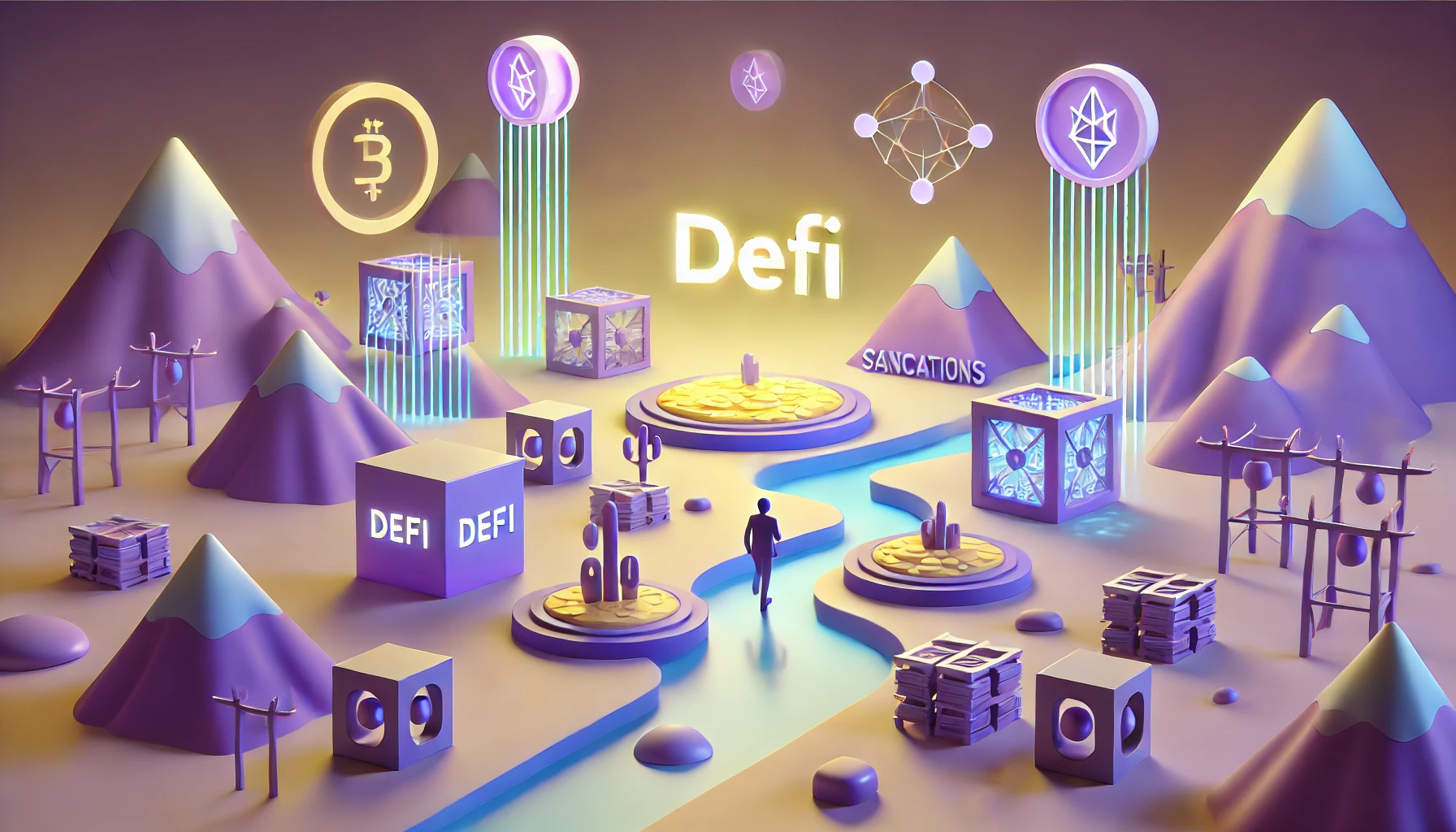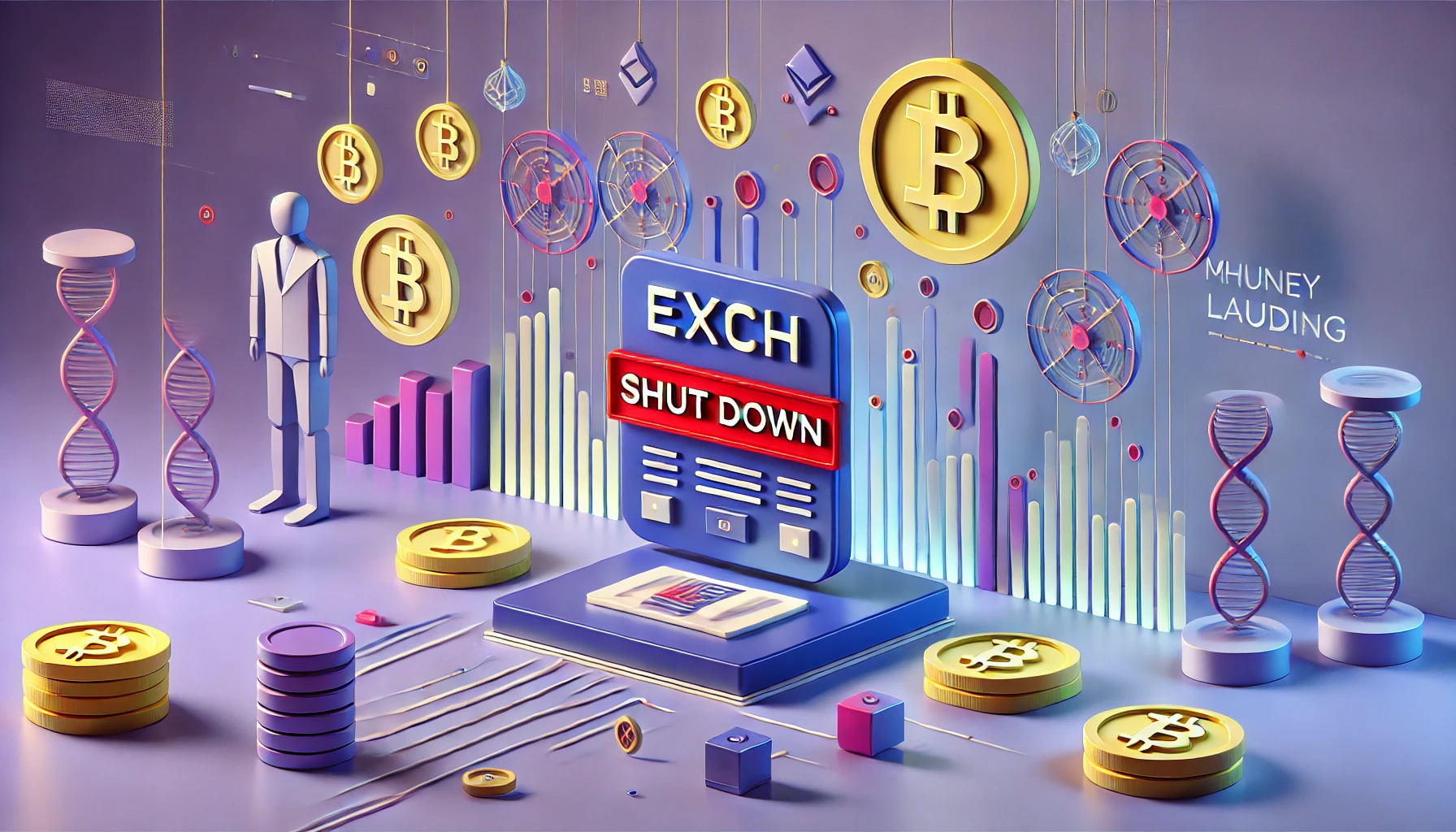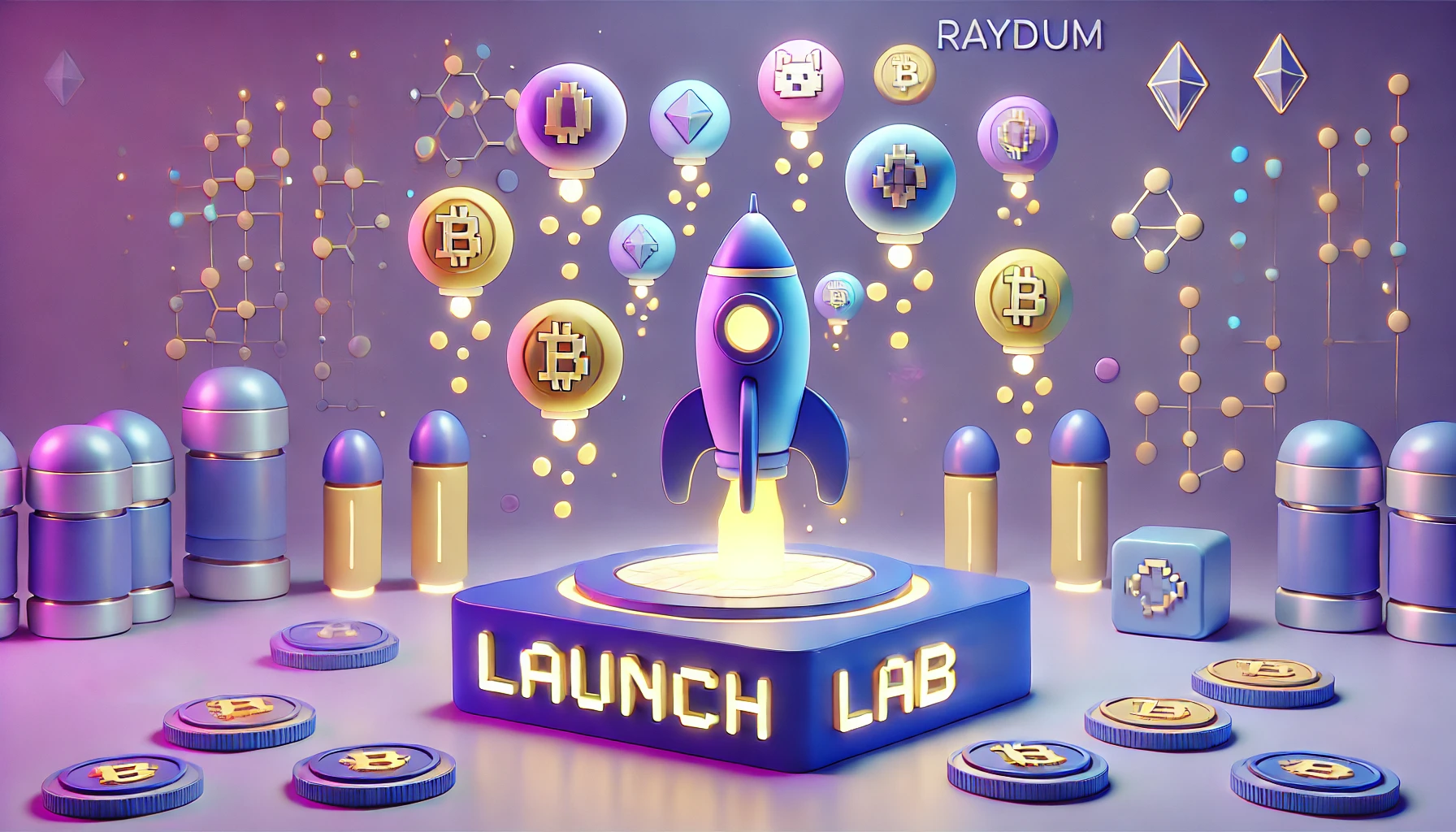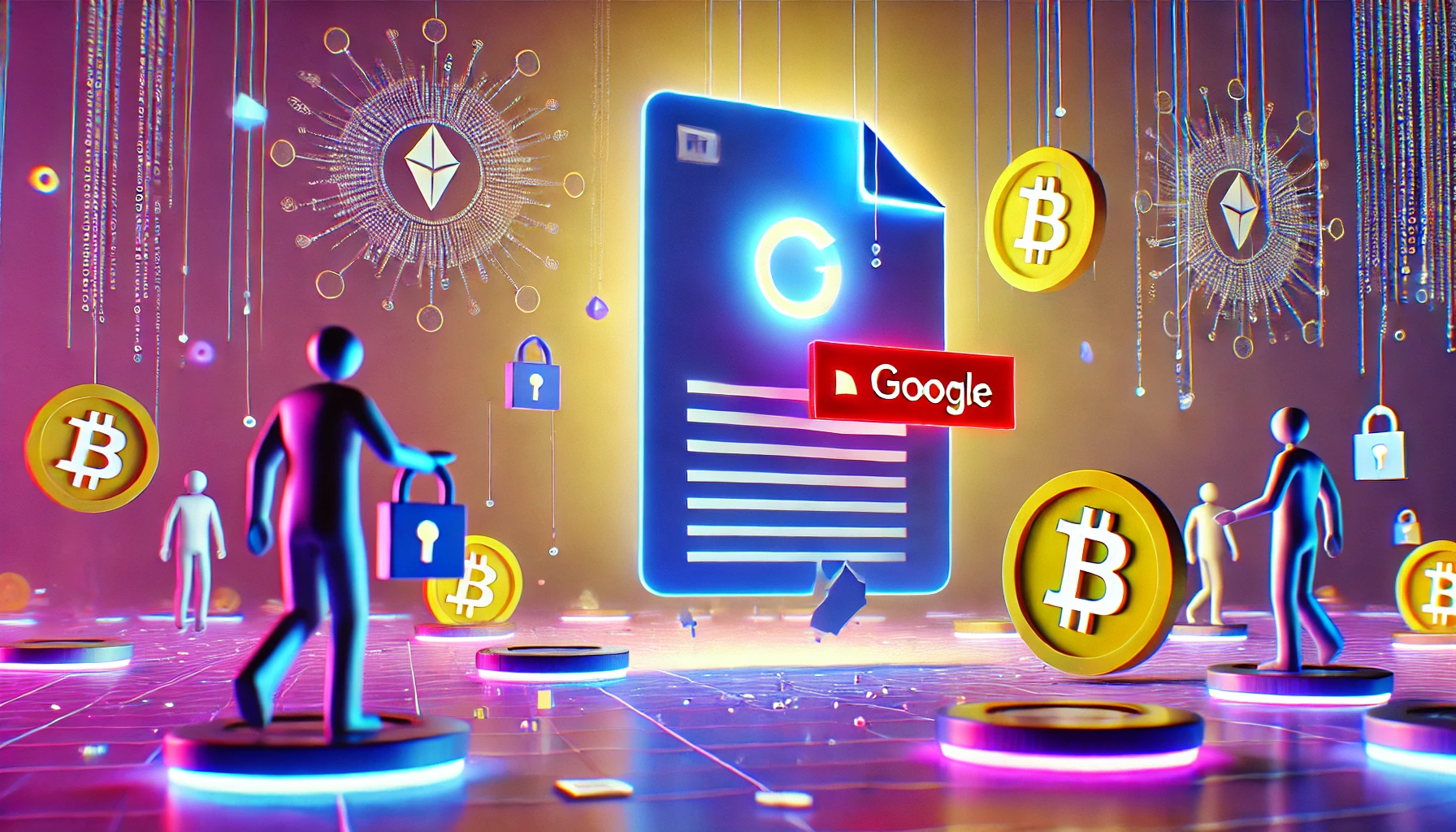The year 2021 is off to an extremely bad start for Ripple Labs and its XRP, which is at the heart of a number of legal scandals. Back in December 2020, the Securities and Exchange Commission (SEC) took Ripple to court. The SEC accused Ripple of selling securities without a licence. At the beginning of January 2021, Tetragon, one of Ripple’s main shareholders, took the opportunity to take legal action against the company. The company demanded repayment of $175 million, the amount of its investment in XRP.
Nevertheless, there was some good news for Ripple Labs at the beginning of March. Ripple reached a settlement last week with the Youtube platform, against which the blockchain had filed a lawsuit in April 2020. Tetragon’s request for legal action was also denied, ensuring XRP some respite from this sad panorama.
Ripple and its XRP token are not unanimously supported by the crypto-community
Ripple Labs, founded in 2012 in San Francisco by Chris Larsen and Jed McCaleb, is behind a fast payment protocol called Ripple.
Ripple is a peer-to-peer network that provides a payment protocol for banking institutions. This network enables financial transactions to be carried out securely, very quickly and at low cost. Ripple is intended to replace Swift, the most widely used money transfer protocol today, but one that is much slower. Ripple’s speed and security have enabled Ripple Labs to sell its network to more than 70 banking institutions, including BBVA and American Express.
To keep its banking network running, Ripple Labs has also created its own cryptocurrency, the XRP token, which only exists in the Ripple system. Opinions about XRP differ widely among the crypto-community. Their management is fairly disparaged because, although Ripple is indeed a decentralised protocol, the validators authorised to operate on its network are mostly banks, banking institutions, etc. Ripple’s players are therefore particularly centralised.
What’s more, the distribution of XRP has also been heavily criticised. According to Ripple Labs, 99 billion XRP are available as follows:
6 billion XRP are held by Ripple Labs
only 39 billion XRP are currently in circulation
55 billion XRP are in “escrow”, i.e. they are blocked by a third party until a certain number of conditions are met for them to be released. However, the conditions for unlocking XRP are extremely vague.
As a result, the company has been a regular target of criticism in recent years. Recent lawsuits have not helped its reputation in the crypto-community.
XRP at the heart of a legal tornado against the SEC
The announcement of the SEC’s lawsuit against Ripple has had disastrous consequences for the XRP price. The price of XRP plummeted by almost 50% when the lawsuit was announced. Having risen to third place among cryptocurrencies, XRP has fallen to fifth place in just a few days.
The SEC is accusing Ripple of marketing XRP securities without authorisation. The SEC reportedly warned the company as early as 2012, but Ripple chose to ignore the warning. Ripple Labs is defending itself by claiming that XRPs are cryptocurrency tokens and not securities. The SEC added that the company’s directors had misled investors on several occasions. They allegedly manipulated the XRP price to obtain the best price for their own sales.
The first hearing in the trial took place on 22 February 2020, but the first phase will last until August. Trials launched by the SEC last between 6 and 12 months on average. For the time being, therefore, predictions for the XRP share price in 2021 are extremely poor. As a result of these legal twists and turns, many platforms have announced that they are suspending trading in XRP. These include Blockchain.com, Voyager digital and Coinbase.
Is this a sign that Ripple (XRP) is calming down at the beginning of March?
Ripple vs Youtube, XRP defrauded
In April 2020, Ripple took Youtube to court after several reports of fraud and impersonation. In fact, scammers had impersonated Ripple and its CEO, Brad Garlinghouse, in order to organise fake competitions. The scammers promised free XRP. These “giveaway” scams are extremely common in the crypto-community.
Ripple claims that several million XRP have been stolen on these occasions. The company therefore decided in April 2020 to attack Youtube, which it claimed had not taken the necessary measures. But on 9 March 2021, Ripple’s CEO announced in a series of three tweets that the two companies had reached a settlement.
“Last year, @Ripple and I sued @YouTube for failing to enforce its own policies by allowing fake accounts (posing as my or Ripple’s verified accounts) to run XRP donation scams. We have now reached a resolution to work together to prevent, detect and dismantle these scams. 1/3 ”
The details of this agreement, however, should remain confidential according to his latest tweet on the subject.
“While the specific terms of the settlement are confidential, it is clear to all that without accountability and action, trust is eroding in this sector at a crucial time when governments around the world are taking a keen interest in crypto-currencies. 3/3 ”
This good news for Ripple Labs and its XRP was preceded by the failure of Tetragon’s attempted lawsuit.
The failure of Ripple’s main shareholder Tetragon’s offensive
When the lawsuit between Ripple Labs and the SEC was announced, Tetragon, Ripple’s main shareholder, demanded repayment of its $175 million investment. To do so, Tetragon invoked a clause in their contract, according to which XRP could not be recognised as a security. This is precisely what the SEC is accusing Ripple Labs of doing.
Fortunately for Ripple, as its case against the SEC is ongoing, XRP will retain its status as a cryptocurrency for the time being. Tetragon has therefore had to drop its lawsuit pending the outcome of the case.
Despite this legal lull, predictions remain very unclear as to the future of XRP. If Ripple wins its case against the SEC, the price of XRP could soar. If not, its future is in doubt. It would not be the first time that the SEC has won a case of this nature. What’s more, Tetragon will not hesitate to renew its proceedings if XRP is indeed recognised as a security.














